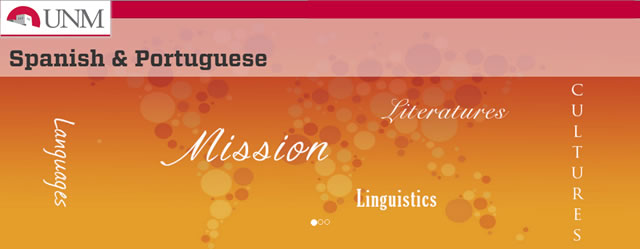
Spanish and Portuguese ETDs
Publication Date
12-6-1974
Abstract
Numantia, after years of heroic resistance, fell to the Roman legions in 133 B.C. The conquest of Numantia was so costly that it played an important role in the internal politics of Rome and thus it was singled out and received the attention of the Greek and Roman historians who recorded and analyzed the conquest and colonization of Iberia.
Centuries later, when Spain had developed a sense of national unity, the Hispanic chroniclers found in the history of Numantia an authenticated record of Iberian will to resist foreign domination and evidence of a courageous and virtuous national character. The Hispanic writers were pleased to find that the Roman historians had attributed the humiliating ineffectiveness of the Roman legions to a lack of morale and morality, while finding but one fatal flaw in the more primitive Celtiberians: a lack of political unity beyond limited regional loyalties.
Certain elements of the siege of Numantia are inherently dramatic and tragic, and thus lend themselves well to literary expansion. Moreover, certain philosophical aspects became associated with Numantia because of the patterns of classical thought contained in the works that mentioned the siege of the Iberian settlement. The stature and significance of Numantia grew with the passage of time so that by the end of the sixteenth century, when Cervantes made the first major literary use of it, it had become a legend which symbolically represented a wide range of philosophical and national considerations.
This study first traces the tramsmission of the history of Numantia and its transformation into a literary theme. It then examines the moral, political and esthetic implications of the Numantian plays and poetry which have appeared in almost every Spanish literary movement from the sixteenth century down to the present time.
Degree Name
Spanish & Portuguese (PhD)
Level of Degree
Doctoral
Department Name
Spanish and Portuguese
First Committee Member (Chair)
Raymond Ralph MacCurdy
Second Committee Member
Jack E. Touleus
Third Committee Member
J. E. White Jr.
Language
English
Document Type
Dissertation
Recommended Citation
Rogers-Rodriguez, Jason M.. "The Numantian Theme in Spanish Literature." (1974). https://digitalrepository.unm.edu/span_etds/123
Included in
European Languages and Societies Commons, Latin American Languages and Societies Commons
